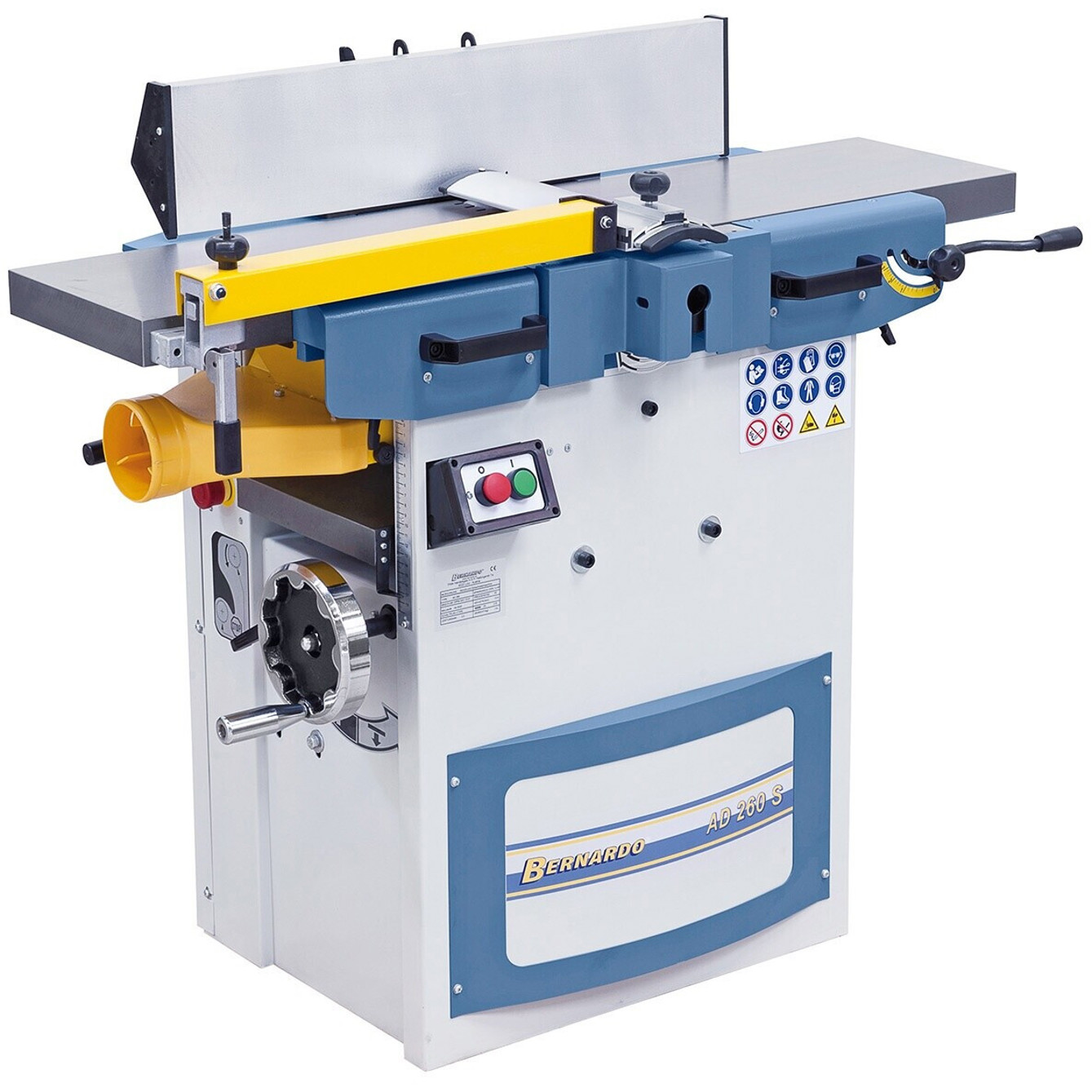The Ultimate Guide to Buying a Router: Ensuring Optimal Connectivity for Your Home or Office
In today's fast-paced digital world, reliable web connection is more vital than ever. Whether for remote work, online knowing, gaming, or streaming, having a robust and efficient router is essential. This extensive guide will help consumers make informed choices when picking the perfect router for their particular requirements.
Understanding Routers: The Basics
Before diving into the buying process, it's vital to understand what a router does. A router is a networking device that forwards information packets in between computer networks, enabling numerous devices to use the exact same internet connection simultaneously.
Key Functions of a Router
- Connection: Connects different gadgets (computer systems, smart devices, wise TVs, etc) to the web.
- Traffic Management: Manages data traffic to make sure consistent speeds.
- Security: Protects your network from external hazards with integrated firewalls and security procedures.
- Wireless Access: Provides Wi-Fi connectivity in homes and workplaces.
Kinds of Routers
When thinking about a router, it's essential to comprehend the different types readily available. Here's a quick introduction:
1. Wired Routers
- Pros: Fast speeds, reliable connection, security from external risks.
- Cons: Limited mobility; gadgets need to be physically connected.
2. Wireless Routers
- Pros: Greater flexibility, links several devices without wires.
- Cons: Range restrictions and possible security vulnerabilities.
3. Dual-Band Routers
- Pros: Offers both 2.4 GHz and 5GHz bands, lowering interference and permitting faster speeds on modern devices.
- Cons: More pricey than single-band routers.
4. Tri-Band Routers
- Pros: Additional band for much better performance; ideal for numerous heavy users or wise homes.
- Cons: Typically more costly and might be overkill for basic users.
5. Modem-Router Combos
- Pros: Saves space and decreases the variety of gadgets; simple to establish.
- Cons: Less versatility in updating components and can lead to issues if one part fails.
| Type | Pros | Cons |
|---|---|---|
| Wired | Quick speeds, dependable connection | Limited movement |
| Wireless | Greater flexibility | Variety constraints, security vulnerabilities |
| Dual-Band | Reduced interference, faster speeds | More expensive than single-band routers |
| Tri-Band | Better performance for several users | More expensive; may be overkill |
| Modem-Router Combo | Saves area, easy setup | Less flexibility, prospective failure concerns |
Factors to Consider When Buying a Router
With different kinds of routers readily available, understanding the critical elements influencing your decision can assist you choose carefully.
1. Speed
Search for routers with higher speed ratings, normally measured in Mbps (megabits per second). The minimum requirement for basic activities is 25 Mbps, however for video gaming and HD streaming, 100 Mbps or more is more effective.
2. Variety
Consider the size of your home or workplace. Trivox Versand include different ranges; if you have a large space or several floors, go with a router with prolonged range abilities or think about a mesh network setup.
3. Security Features
Ensure the router comes with robust security functions like WPA3 encryption, firewall programs, and guest access. This is particularly crucial for safeguarding personal information.
4. Number of Devices
Assess how lots of gadgets will connect to the router. High-user environments, such as smart homes, might require routers created to manage numerous simultaneous connections.
5. Future-Proofing
Think about a router that supports the current Wi-Fi requirements (Wi-Fi 6 is presently the latest), which provides much better effectiveness and connection choices for future devices.
Recommended Routers in 2023
Here's a choice of some well-reviewed routers currently popular in the market:
| Router Model | Type | Speed | Range | Price |
|---|---|---|---|---|
| TP-Link Archer AX50 | Dual-Band | Up to 2402 Mbps | As much as 2000 sq. ft. | ₤ 99 |
| ASUS RT-AX88U | Tri-Band | Approximately 6000 Mbps | Up to 3000 sq. ft. | ₤ 299 |
| Netgear Nighthawk RAX80 | Dual-Band | Approximately 6000 Mbps | As much as 3000 sq. ft. | ₤ 399 |
| Google Nest Wifi | Fit together | Up to 2200 Mbps | As much as 2200 sq. ft. (per system) | ₤ 299 (for 2-pack) |
| Linksys EA7300 | Dual-Band | Up to 1750 Mbps | Up to 1500 sq. ft. | ₤ 149 |
FAQs on Buying a Router
Q1: Do I need a dual-band or tri-band router?
A: If you have a smart home or several users streaming or video gaming, a dual-band or tri-band router is recommended for optimum performance and minimized interference.
Q2: Can I utilize my old router with a new one?
A: You can utilize an old router as a range extender or extra access point to improve protection, but it may restrict general efficiency.
Q3: How typically should I replace my router?
A: It's advisable to replace your router every 3-5 years to keep up with advancements in innovation and make sure optimum security.
Q4: Is a mesh network better than a conventional router?
A: A mesh network is frequently more efficient in large or multi-story homes for providing constant coverage, while a traditional router may be sufficient for smaller spaces.
Q5: What speed do I require in a router for basic surfing?
A: For basic browsing, a router with a minimum of 25 Mbps is appropriate, however think about greater speeds for streaming and gaming.
Buying a router is an essential choice that can considerably impact your web experience. By understanding the types of routers readily available, examining essential functions, and thinking about current market alternatives, consumers can make sure a much better connected lifestyle. Investing time in choosing the best router pays dividends in speed, coverage, and overall complete satisfaction, making it an essential element these days's interconnected home or office.

